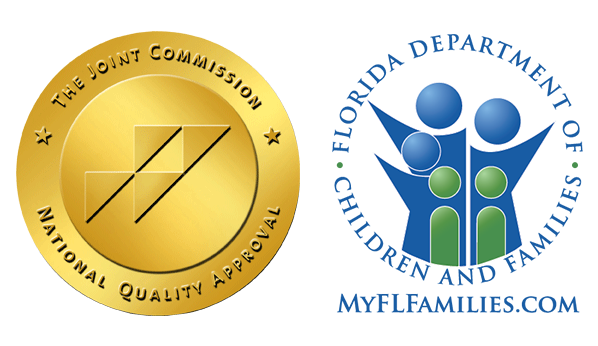Prescription drug abuse also referred to as prescription addiction, is a concerning problem that is on the rise but is frequently ignored. It’s a quiet pandemic that impacts millions of people globally, along with their families. We will explore the intricacies of prescription addiction in this blog article, as well as its causes, effects, and solutions to this urgent issue. In this article, we will share with you the dangers of prescription medication dependency from Beachcomber professionals.
Comprehending Addiction to Prescription Drugs
The abuse or overuse of prescription drugs, usually ones intended to treat pain, anxiety, or other illnesses, is known as prescription addiction. These drugs include stimulants, benzodiazepines, opioids, and sleep aids. When taken as directed by a medical practitioner, these medications can be helpful, but when taken excessively, there is a significant chance of addiction.
Prescription Addiction’s Causes
Pain Control: One of the main The desire for pain management is one of the causes of prescription drug addiction. If patients grow used to opioids and need higher dosages to get the same degree of pain relief, they run the risk of developing an addiction.
Mental Health Concerns: When people with anxiety, depression, or other mental health issues self-medicate, they may abuse prescription drugs like benzodiazepines, which can result in addiction.
Peer Influence and Availability: Prescription medications are frequently easily accessible to potential abusers through friends, family, or medical cabinets at home.
Insufficient Education: A lot of people don’t know about the dangers of taking prescription drugs. People could think that just because a doctor prescribed drugs, they can use them whatever they choose.
Addiction to Prescription Drugs: Repercussions
Addiction to prescription drugs can have terrible repercussions for people, their families, and society at large. Among the most frequent outcomes are:
Health Risks: Abusing prescription medicines often results in big health issues such as respiratory depression, overdose, and the possibility of contracting infectious infections from sharing needles.
Legal Issues: Getting prescription medications without a legitimate prescription is against the law and can result in arrest and other legal issues, such as incarceration.
Financial Strain: Addiction frequently results in higher medical expenses as well as lost income from lost jobs or lower productivity.
Relationship Stress: Addiction can cause relationship stress with friends and family, which can result in feelings of alienation and loneliness.
Taking Care of Prescription Addiction
Prescription addiction must be addressed with a multifaceted strategy involving patients, medical professionals, and the general public.
Education: Raising knowledge of the dangers associated with prescription medication use and the significance of responsible usage is essential. This includes educating medical professionals and patients about the risks of addiction.
Access to Treatment: It is critical to guarantee that those battling prescription drug addiction have access to suitable treatment alternatives, such as counseling, detoxification, and rehabilitation programs.
Monitoring and Regulation: Stricter oversight and control over prescription medications can assist in avoiding overprescribing and limit their availability for illegal use. Establishing support networks for people in recovery, such as peer support groups and counseling programs, can have a big impact on their capacity to kick the addiction.
Prescription Drug Abuse in Teens and Older Adults
A Cross-Generation Issue Abuse of prescription drugs is a widespread problem that affects all age groups, including elderly individuals and teenagers. Parents can be crucial in preventing teenage abuse by talking to their children about the risks of this kind of abuse and establishing ground rules. Teaching teenagers about the possible dangers of sharing prescription drugs and using drugs that belong to other people is equally vital.
Rebuilding the Broken: Strategies for Prescription Drug Abuse Treatment and Recovery
Effective treatment and recovery options become critical when prevention fails. Comprehensive treatment programs are necessary because prescription drug misuse is a complicated issue that is frequently entangled with mental health disorders and other substance abuse difficulties. These could consist of support groups, medication-assisted therapy, and counseling.
Having the assistance of loved ones, friends, and medical professionals is essential to the healing process. Another crucial step in the rehabilitation process is eradicating the stigma that frequently accompanies addiction and substance abuse, as this can prevent people from getting the care they need. Recovery efforts can be greatly aided by initiatives to lessen this stigma, foster understanding, and offer community-based resources.
Conclusion
Millions of people are impacted by the complicated problem of prescription addiction. It’s a quiet epidemic that needs to be addressed, and fighting it requires our whole attention. We may endeavor to lower the prevalence of prescription addiction and provide a better future for those impacted by it by increasing awareness, educating the public, and putting into practice efficient prevention and treatment initiatives. It’s time to end the standstill and address this expanding issue. Contact Beachcomber today if you or a loved one needs help with prescription medication dependency.











